NIGERIA: Road to 2023 Elections
By Yuccee O. Uwah, The Korea Post Nigeria Bureau chief
Nigeria’s ruling party, All Progressives Congress (APC) is repositioning ahead of the upcoming general elections slated for the first quarter of 2023. The party has been in power since 2015, when it defeated Peoples Democratic Party (PDP) in a landmark election. The then opposition APC set new model for opposition coalitions in Africa when it won the 2015 elections, ending 16 years rule of PDP.
A Korea Post analyst wrote this special report on political trends and permutations that produced APC presidential candidate, Senator Bola Ahmed Tinubu, the former governor of Lagos state.
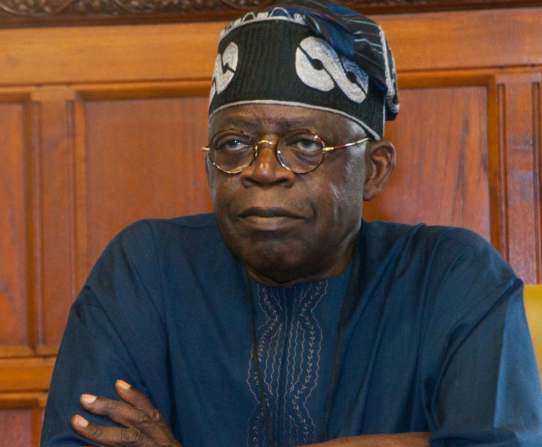
In the first quarter of 2023, Nigerian will go to polls to elect new set of leaders to lead the 20.16 million country in West Africa. It is the most populous country in Africa with its current leader, Muhamadu Buhari, who was elected President in 2015. He is to retire in May 2023, as he is serving a second term having been re-elected in 2019.
Expectedly, political activities has resumed in earnest across the country as the election management body, Independent National Electoral Commission (INEC) released guidelines and timelines for the scheduled polls, beginning with primaries of political parties’ flagbearer from state to national levels.
Delegates of 18 registered political parties in the country met between May and June 2022 to elect standard bearers of their parties, culminating in the national conventions to elect presidential candidates.
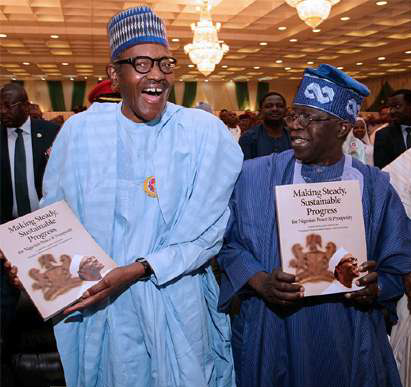
For the ruling APC, the process held from June 6 to 8, 2022 at its special national convention to elect its flagbearer. 2,233 delegates voted in the primaries held at the expansive venue, Eagles Square, Abuja, Nigeria’s capital city.
The process began several months earlier with aspirants criss-crossing 36 states and the Federal Capital Territory Abuja to canvass for support of party delegates. 28 presidential aspirants contested for the post, which have been described by analysts as intriguing and colorful that saw contestants present their programs, seeking to be given opportunity to fly the APC ticket in the next year’s election.
Key contestants included, Nigeria’s current Vice President Yemi Osibanjo, a former law professor; President of the Nigerian Senate Ahmed Lawan, also a former university teacher; former Governor of Lagos State, Nigeria’s commercial capital, Bola Ahmed Tinubu; popular Nigerian cleric and lawyer, Tunde Bakare; former minister of Science and Technology and university teacher, Ogbonnaya Onu; former Transportation Minister Chibuike Amaechi; Governor of Jigawa Abubakar Badaru; Governor of Ekiti State Kayode Fayemi; the former Governor of Imo State Rochas Okorochas, and others.
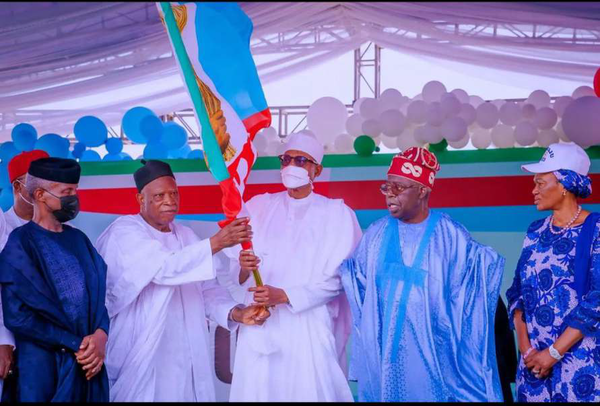
It was crowded race, signifying the importance of this election as APC seeks to re-strategize on how to retain power at the center when President Buhari term ends in 2023.
Aspirants rolled out robust programs and issues that they promised to tackle if given the ticket. It was indeed characterized by convivial and shared vision for Nigeria.
The two-day convention continues to resonate among Nigerians as the party used the event to restates its commitment to continue to provide leadership in spite of the challenging economic downturn occasioned by global economic trends.
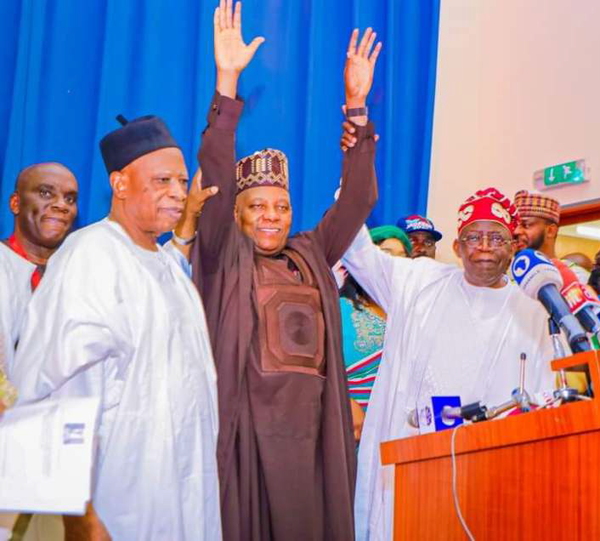
Like in 2015, APC is repositioned to provide governance as ruling party for over seven years now, set to win Nigerians again in 2023. The party a collation of legacy parties, including Action Congress of Nigeria (ACN), Congress for Progressive Change (CPC), All Nigerian Peoples Congress (ANPP), faction of All Progressive Grand Alliance (APGA), and faction of People Democratic Party (nPDP) collaborated to defeat incumbent government of former President Dr. Goodluck Jonathan of Peoples Democratic Party (PDP).
It marked first time in Nigeria’s political history, an opposition party won the election. PDP’s was in power for 16 years from 1999 to 2015.
With determination and resilience, the parties to coalesce under one platform, defeated and won power at the federal level. The new party, a fusion of five parties attracted attention of Nigerians that voted massively for it. APC led by President Buhari elected to the presidency in 2015.
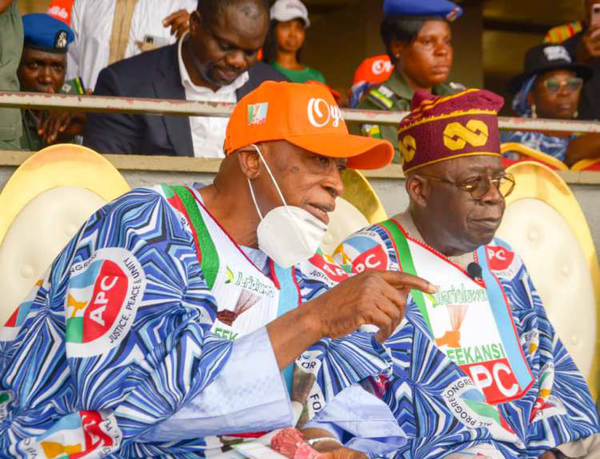
Ahead of 2023 general elections, APC is reinventing itself with huge membership drive nationwide to consolidate its support-base. The APC has unique mass appeal that attracted voters to it in 2015. It won again with the victory of Muhammadu Buhari in 2019 election.
Ahead of 2023 elections, it is positive that it will clinch the victory by defeating opposition parties, including PDP led by Nigeria’s former Vice President (1999 to 2007) Atiku Abubakar; Labour Party (LP) led by Peter Obi, a businessman and former governor of Anambra state, and New Nigerian People Party (NNPP), led by Rabiu Kwankwaso, former governor of Kano state and also Nigeria’s former minister of Defence.
Supporters of parties and candidates are now canvassing support while awaiting formal commencement of campaigns in third quarter of 2022 going by INEC timelines for the election.
Issues that resonates among voters in 2023 campaigns will include, economy, state of insecurity, national integration, employment, energy challenge, industrialisation and infrastructure.
The APC government under President Buhari insists it has improved infrastructure in Nigeria in 7 years, it hopes these achievements will be rewarded by voters in the next election.
Presently, APC controls majority seats in the country’s bi-cameral National Assembly in Abuja and 22 state governors, giving it a comfortable lead.
and political observers, believe that not much will change in 2023 elections as it predicts APC may retain power at the centre. Though, it is still too early to call.
The 2023 elections looks good for APC as it exhumes confidence, it will likely retain power based on performance across all sectors.
In a remark at the convention, Muhammadu Buhari, Nigeria’s president urged aspirants vying for APC presidential ticket to stand by the party’s rules, follow due process and demonstrate sportsmanship, while vying for votes from delegate.
“Everyone should abide by the rules. There is bound to be winners and runners up. I urged you to show good sportsmanship.” He quipped.
While expressing optimism that all the aspirants will unite and work for the best interest of the party after the primary nomination process.
It is instructive with this charge by President Buhari to APC delegates and millions of party members across the country and in the Diaspora, the Nigerian leader, Buhari rallies support for the party ahead of the 2023 polls.

